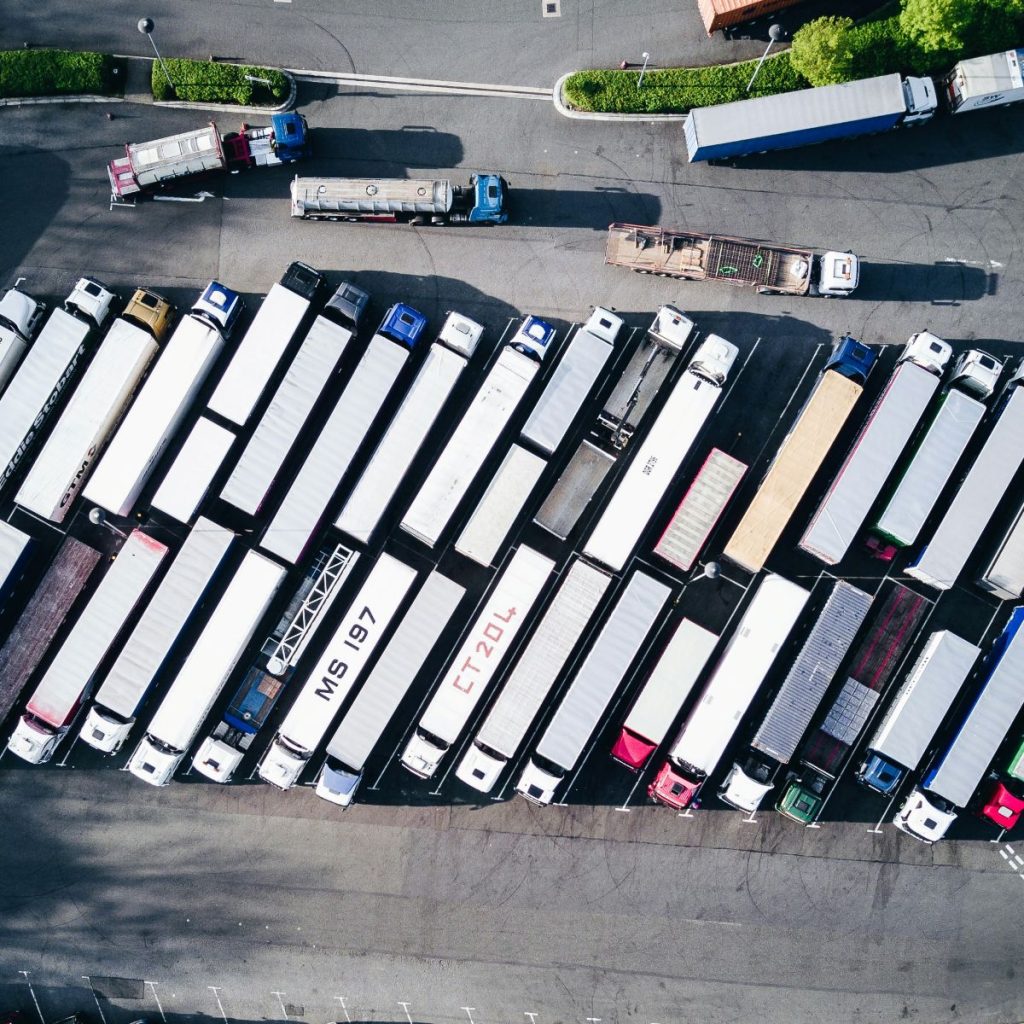Traditional AI in logistics has primarily focused on optimizing repetitive tasks like inventory management and route planning. However, these systems often operate in silos, requiring human intervention to connect processes. Agentic AI offers a game-changing solution by enabling autonomous agents to interact across systems and make independent decisions.
For instance, while current inventory systems trigger orders based on predefined thresholds, agentic AI could dynamically adjust reorder points by analyzing external factors such as market trends, supplier lead times, and weather forecasts. Similarly, instead of merely alerting managers about delays, agentic AI could autonomously reroute shipments, adjust schedules, and notify customers, ensuring seamless operations.
Decision-Making and Unified Interfaces
Agentic AI’s potential extends to regulatory compliance and customer satisfaction. Beyond generating compliance reports, it could autonomously update systems and adapt to regulatory changes, such as new tariffs or environmental policies, mitigating risks in real-time.
Customer satisfaction, a critical logistics component, could also see significant improvements. While current AI tools handle basic customer queries, agentic AI could proactively address customer needs by tailoring communications based on historical data and providing real-time updates on shipment statuses.
Moreover, logistics systems often rely on fragmented platforms like CRMs, ERPs, and warehouse management systems. Agentic AI could unify these into a single conversational interface, streamlining operations. For example, a warehouse manager could request inventory or emissions reports and notify suppliers of shortages through one integrated system, eliminating inefficiencies across platforms.
What Lies Ahead?
The future of logistics is underpinned by the dual pressures of cost reduction and sustainability. With McKinsey estimating the demand for greener logistics to reach $350 billion, agentic AI offers scalability and optimization without requiring significant resource investments. It can ensure supply chain resilience during global disruptions while meeting sustainability goals.
However, it’s crucial to recognize that agentic AI should complement, not replace, the logistics workforce. Human expertise remains indispensable for tasks like supplier negotiations and addressing unique customer concerns. By acting as a collaborative partner, agentic AI can enhance autonomy and reduce human error, paving the way for a more efficient and resilient supply chain.
Agentic AI Is Here—But Logistics Still Needs Human Smarts
Agentic AI represents a significant leap forward for logistics, offering the potential to unify fragmented systems and enhance decision-making. However, its success will depend on its integration with human expertise, ensuring that technology complements rather than replaces the workforce. As the industry faces mounting challenges, agentic AI could be the key to unlocking a more sustainable and efficient future.



